I'm trying to import some publicly available life outcomes data using the code below:
require(gdata)
# Source SIMD12 data zone level data
simd.sg.xls <- read.xls(xls = "http://www.gov.scot/Resource/0044/00447385.xls",
sheet = "Quick Lookup", verbose = TRUE)
Naturally, the imported data frame doesn't look good:
 I would like to amend my column names using the code below:
I would like to amend my column names using the code below:
# Clean column names
names(simd.sg.xls) <- make.names(names = as.character(simd.sg.xls[1,]),
unique = TRUE,allow_ = TRUE)
But it produces rather unpleasant results:
> names(simd.sg.xls)
[1] "X1" "X1.1" "X771" "X354" "X229" "X74" "X67" "X33" "X19" "X1.2"
[11] "X6" "X1.3" "X8" "X7" "X7.1" "X6506" "X21" "X1.4" "X6158" "X6506.1"
[21] "X6506.2" "X6506.3" "X6263" "X6506.4" "X6468" "X1010" "X815" "X99" "X58" "X65"
[31] "X60" "X6506.5" "X21.1" "X1.5" "X6173" "X5842" "X6506.6" "X6506.7" "X6263.1" "X6506.8"
[41] "X6481" "X883" "X728" "X112" "X69" "X56" "X54" "X6506.9" "X21.2" "X1.6"
[51] "X6143" "X5651" "X6506.10" "X6506.11" "X6263.2" "X6506.12" "X6480" "X777" "X647" "X434"
[61] "X518" "X246" "X436" "X6506.13" "X21.3" "X1.7" "X6136" "X5677" "X6506.14" "X6506.15"
[71] "X6263.3" "X6506.16" "X660" "X567" "X480" "X557" "X261" "X456"
My question is if there is a way to neatly force the values from the first row to the column names? As I'm doing a lot of data I'm looking for solution that would be easily reproducible, I can accommodate a lot of violation to the actual strings to get syntactically correct names but ideally I would avoid faffing around with elaborate regular expressions as I'm often reading files like the one linked here and don't wan to be forced to adjust the rules for each single import.